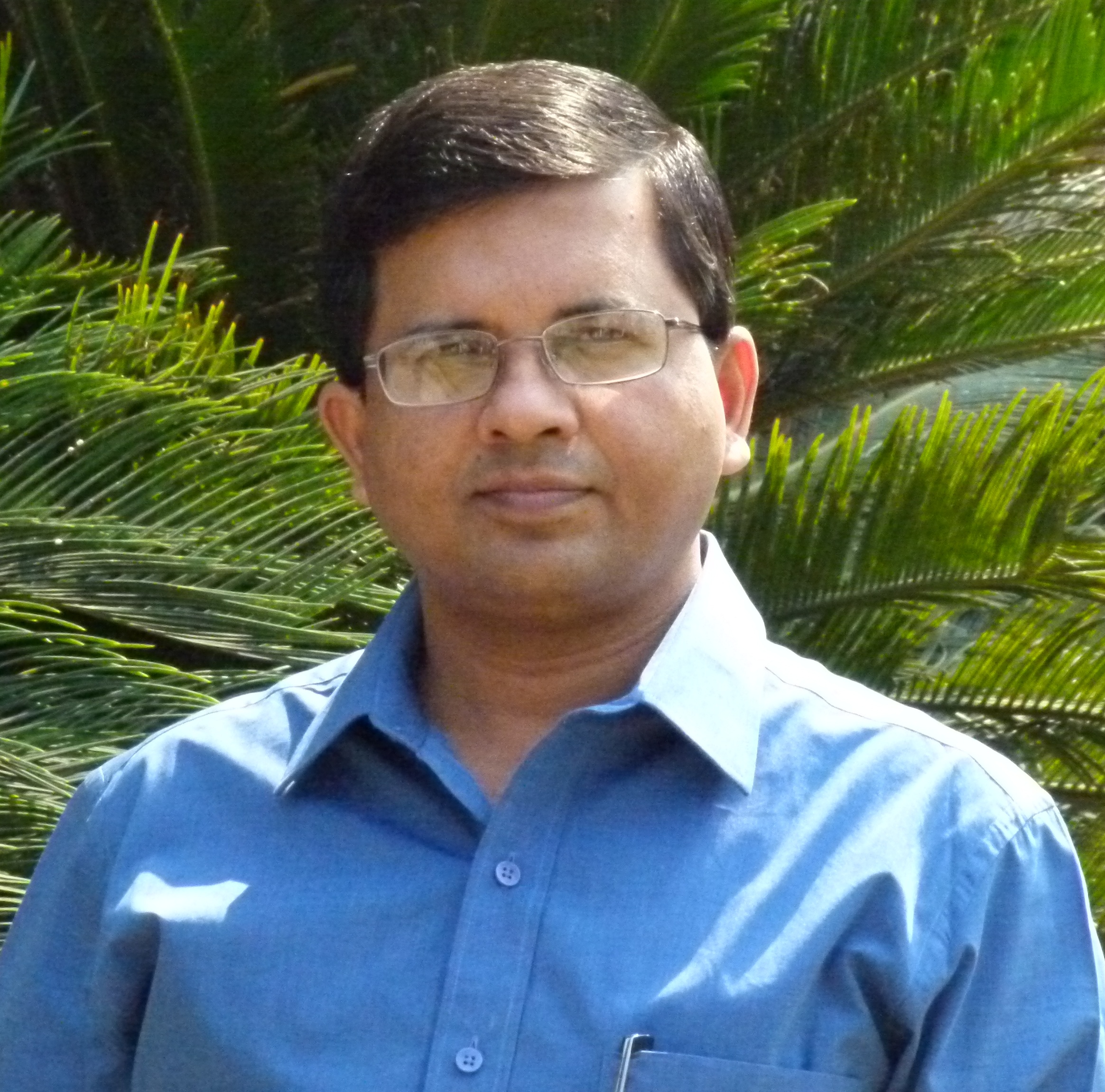

My Profile
About
Career Type:
Scientist/Researcher/Academic
Organization Type:
Universities and Academia
Expertise Fields/Interests:
Major Achievements:
Technical Committees
My Papers and Presentations
| Title | Year |
| Assessing Environmental Flow in a River Basin of Eastern India | 2022 |
My Videos
| Title | Year |
IAHR Awards
| IAHR Awards | Date |